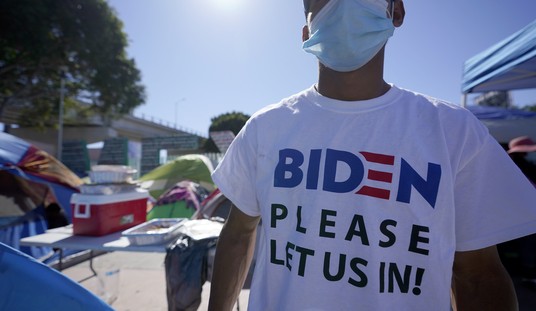I write this on the anniversary of D-Day. For those readers who are beneficiaries of the new multicultural dispensation in education, let me note that “D-Day” is shorthand for the Allied invasion of Normandy in 1944. The Allies — chiefly Britain, the United States, the Canadians, and the Australians — invaded Normandy in order to liberate first France and then rest of Europe from the jackboot of Nazi tyranny. Since coming of age, I have never passed D-Day without a few moments reflection on its awesome — what the philosopher Hegel would no doubt call its “world-historical” — significance. This year, I watched a clip of President Reagan addressing some survivors of that invasion at Pointe de Hoc, Omaha Beach, in 1984, the fortieth anniversary of D-Day. “At dawn,” Reagan observed,
225 Rangers jumped off the British landing craft and ran to the bottom of these cliffs. Their mission was one of the most difficult and daring of the invasion: to climb these sheer and desolate cliffs and take out the enemy guns. . . .The Allies had been told that some of the mightiest of these guns were here and they would be trained on the beaches to stop the Allied advance.
The Rangers looked up and saw the enemy soldiers — at the edge of the cliffs shooting down at them with machine-guns and throwing grenades. And the American Rangers began to climb. They shot rope ladders over the face of these cliffs and began to pull themselves up. When one Ranger fell, another would take his place. When one rope was cut, a Ranger would grab another and begin his climb again. They climbed, shot back, and held their footing. Soon, one by one, the Rangers pulled themselves over the top, and in seizing the firm land at the top of these cliffs, they began to seize back the continent of Europe. Two hundred and twenty-five came here. After two days of fighting only ninety could still bear arms.
Reagan went on hail “the men of Normandy”: “You all knew that some things are worth dying for,” he said. “One’s country is worth dying for, and democracy is worth dying for, because it’s the most deeply honorable form of government ever devised by man.”
What do you think of that? Quaint sentiments, what? That’s what Evan Thomas, an editor at Newsweek seems to think. Contrasting the task Reagan faced in 1984 with the task facing President Obama as he addressed the world today from the same spot, Thomas said:
Well, we were the good guys in 1984, it felt that way. It hasn’t felt that way in recent years. So Obama’s had, really, a different task. We’re seen too often as the bad guys. And he, he has a very different job from . . . Reagan was all about America, and you talked about it. Obama is — we are above that now. We’re not just parochial, we’re not just chauvinistic, we’re not just provincial. We stand for something, I mean in a way Obama’s standing above the country, above above the world, he’s sort of God.
A “sort of God”? Presumably Prime Minister Gordon Brown agrees, since he achieved new heights of oleaginousness when he referred to Omaha Beach as “Obama Beach.” (I say “Prime Minister Brown” since as I write he still holds that office, but by the time I post this, who knows?) But let’s leave Gordon Brown to one side. The British voters in their wisdom are about to do just that, and who are we to dissent? But linger for a moment over Mr. Thomas’s remarkable effusion. I suspect that his grandfather Norman Thomas, the six-time presidential candidate on the Socialist Party ticket, would have been proud.
For myself, though, I am glad I have laid in a large supply of air-sickness bags. They are coming in handy with alarming frequency.









Join the conversation as a VIP Member